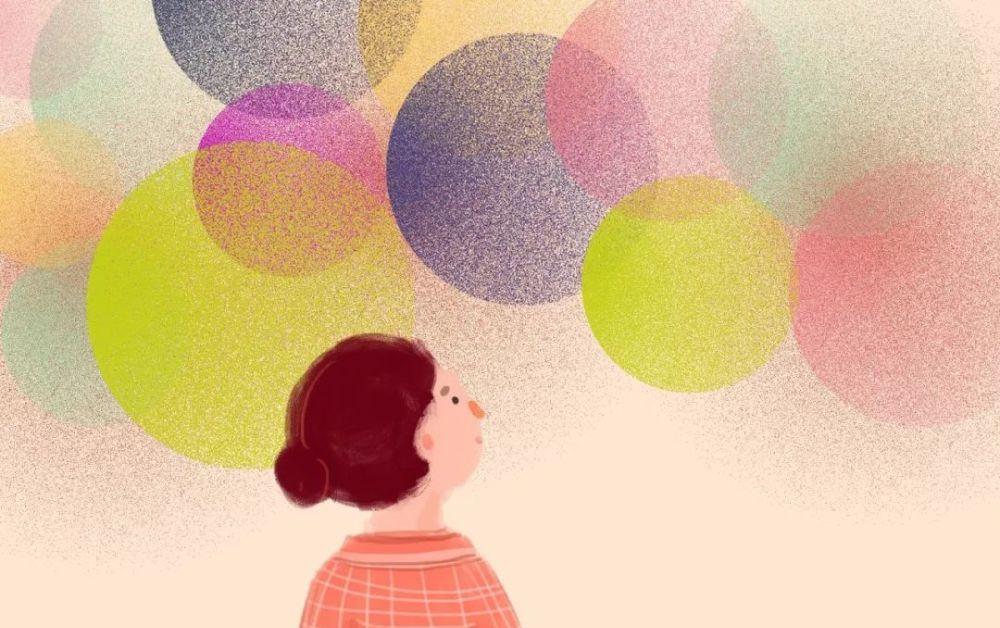Autism is a neurodevelopmental disorder characterized by social communication and behavioral deficits. Autism has a serious impact on children's developmental disorders.
Helping these autistic children achieve maximum recovery is an urgent problem.
Comprehensive intervention and diversified education are the direction of rehabilitation for children with autism, and receiving Montessori and Orff courses has a positive effect on children's rehabilitation.

Orff music education
As a supplementary therapy for the intervention of young children, music therapy has many parents report that there is a certain effect. Orff music is one of the more prominent in music training.
Effective interventions are carried out for the psychological dysfunction of children with special needs, so that they can bring psychological and emotional experiences in music and express their emotions.
Orff music integrates music, rhythm, dance, language, etc., provides children with multiple sensory stimuli such as hearing, vision, and touch, and allows children to imitate and explore music, actively participate in and develop in a pleasant atmosphere. In particular, it has a relatively good effect on the social communication ability, attention and concentration ability, and emotional control ability of children with autism spectrum disorder.
Most children with autism are less sensitive, and some don't even communicate with the outside world, but they show great interest in music, and these children are extremely talented in musicality and discernment. Compared with the impact of language on its inner emotional world, music is the closest to people's hearts, which can cause their inner fluctuations, feel pleasure, and gradually open the closed hearts of autistic children.
In short, Orff music not only learns music through the form that children like to hear, but also develops the multi-faceted ability of autistic children through music, taps the potential of children, and contributes to the rehabilitation training of autistic children.
Montessori education
The Montessori education method was originally studied for special children, and because of its remarkable effect, it extended to the field of normal children, and then became popular around the world.
The characteristics of the teaching activity area, exquisite teaching aids, work and rest schedules, the communication methods of mixed-age classes, and the conditions of teachers in Montessori teaching have formed a world-class and unique education model, which organically integrates the various factors of teaching and helps autistic children to learn in an all-round way.
1. Improve motor dysfunction. Autistic children rarely imitate others and are always immersed in their own world, and Montessori education can help develop children's ability to imitate.
In the teaching process, teachers will make reasonable adjustments according to the individual comprehensive ability of autistic children, flexibly use teaching methods, and improve their motor function when meeting the psychological characteristics of autistic students. For example, when carrying out "walking" activities, not only train the child's walking concentration, but also exercise the child's balance ability; when carrying out the teaching activities in the "socket cylinder" group and the "pink tower", not only exercise the child's visual discrimination and hand-eye coordination ability, but also cultivate the child's hand control ability.
2. Cultivate the ability to take care of oneself in life. Montessori teaching has daily life training, such as buttoning, pouring water, sweeping the floor, etc. In the training process of autistic children, these are very basic and important training links.
3. Promote the development of social skills. Autistic children are not good at interacting with people, and they often live in their own small spaces. In the operation of Montessori teaching aids, the teacher demonstrates only the most basic operation methods, and many extended operations are tried and explored by the students themselves.
Teachers can systematically train children to participate in peer work. For example, when a child is working on the work of mixing color water, it will often attract other children to stop and watch, and if they want to participate, the teacher can consciously guide them to work together; for example, the teacher can arrange for two children to complete the world puzzle together, or four children to complete four sets of socket cylinders together.
4. Cultivate self-control ability. The most common occurrence of autistic children is self-stimulating behavior, sometimes showing irritability, tantrums, and jumping up and down. Temper tantrums or self-harm.
Montessori education pays attention to improving children's psychological quality, and operating Montessori teaching aids according to procedures can concretize order and enable autistic students to form a correct sense of order by contacting teaching aids. In addition, because there is only one montessori teaching tool, it means that students must learn the "first come, first come" waiting, autistic students can gradually form the concept of "waiting" in the daily operation activities, and transform it into a part of daily life, so that children learn to wait in Montessori training. Delay gratification by making autistic students wait and develop their self-control.
5. Improve concentration. Attention issues are a common problem in the development of children with autism. Their attention is easily too distracted or extremely focused to be effectively transferred, and they are prone to short attention, unfettered, and often leaving their seats. Training through Montessori can effectively improve their concentration.
6. Improve logical thinking ability. Montessori sensory education allows children to understand the characteristics of contrast, such as size, thickness, length, height and shortness, etc., and at the same time carry out the operation of pairing, classification and sorting, which will significantly improve the ability of logical thinking.